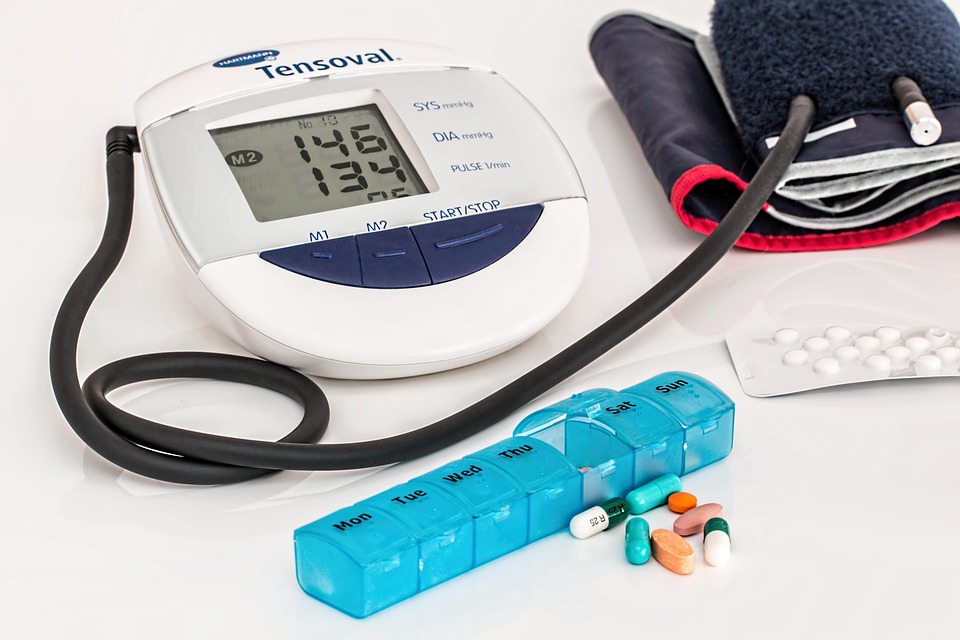
Discover how personalized medicine and advanced health technologies are transforming patient care in 2025. Learn about innovations, benefits, and future trends in healthcare.
Introduction
The year 2025 marks a revolutionary turning point in global healthcare. From wearable devices to AI-driven diagnostics and genetic-based treatments, personalized medicine and health technology are completely reshaping how we treat patients. No longer are treatments one-size-fits-all—now, therapies and care plans are designed based on your unique genetics, environment, and lifestyle.
In this article, we explore the latest trends and innovations in personalized medicine and health technology that are defining the future of patient care in 2025.

What Is Personalized Medicine?
Personalized medicine, also known as precision medicine, uses information about an individual’s genes, proteins, and environment to prevent, diagnose, and treat disease. Instead of using standard treatments for everyone, personalized medicine allows doctors to choose therapies that will work best for specific individuals.
For example, cancer patients may receive drugs based on their tumor’s genetic profile, which can increase survival rates and reduce side effects.
Top Innovations in Health Tech (2025)
1. AI-Powered Diagnostics
Artificial intelligence (AI) tools are helping doctors diagnose diseases faster and more accurately than ever before. AI algorithms can now analyze X-rays, MRIs, and pathology slides in seconds. These tools assist healthcare professionals in detecting early-stage diseases like cancer, heart conditions, and neurological disorders.
2. Genetic Testing and Genomics
In 2025, affordable and fast DNA testing allows people to learn about their risks for certain diseases like diabetes, Alzheimer’s, and various cancers. Doctors use this data to create highly personalized prevention and treatment plans.
3. Wearable Health Devices
Smartwatches and health bands now do more than count your steps—they track blood pressure, oxygen levels, ECG, and even detect early signs of illness. These wearables are connected to apps that alert you and your doctor in real-time if something is wrong.

4. Telemedicine and Virtual Care
Telemedicine became more common during the COVID-19 pandemic, but in 2025, it’s become standard. Patients can now consult with doctors online, receive prescriptions, and even attend therapy sessions from the comfort of their homes.
5. Smart Hospitals and IoT Integration
Hospitals are becoming smarter with the help of Internet of Things (IoT) devices. From connected beds that monitor vital signs to AI-driven robots assisting in surgeries, these technologies are improving efficiency and reducing medical errors.
Benefits of Personalized Medicine and Health Tech
- Better Accuracy in Treatment: Personalized medicine increases treatment success rates by targeting specific genetic markers.
- Fewer Side Effects: Patients are less likely to suffer harmful reactions, as treatments are matched to their body’s chemistry.
- Early Detection and Prevention: With continuous monitoring and genetic testing, diseases can be detected long before symptoms appear.
- Cost Efficiency: Though advanced, these technologies reduce the long-term cost of care by preventing complications and hospitalizations.
- Patient Empowerment: Patients have more control over their health data, leading to better engagement and lifestyle decisions.
Challenges and Ethical Concerns
While technology brings innovation, it also raises some concerns:
- Data Privacy: How is your DNA and medical data stored and who has access?
- Healthcare Inequality: Will everyone have equal access to personalized medicine?
- Misuse of AI: What happens if AI makes the wrong diagnosis?
Governments and healthcare providers are working to create regulations and standards that ensure safety, privacy, and equal access to these services.
Future Outlook
By 2030, personalized medicine may become the norm. Health tech companies are investing in AI, blockchain, and biotechnology to make treatments even more accurate and affordable. We can expect:
- Digital avatars (digital twins) that simulate your body’s reaction to drugs
- Real-time genome editing to cure genetic diseases
- Fully remote surgeries using robotic technology
Conclusion
Personalized medicine and health technology are not just futuristic concepts—they are today’s reality and tomorrow’s standard. As we move deeper into 2025, these advancements will continue to improve healthcare outcomes, reduce costs, and empower people to live longer, healthier lives.
The fusion of innovation and medicine has never been more exciting. Whether you’re a patient, doctor, or healthcare investor, now is the time to embrace this medical revolution.



